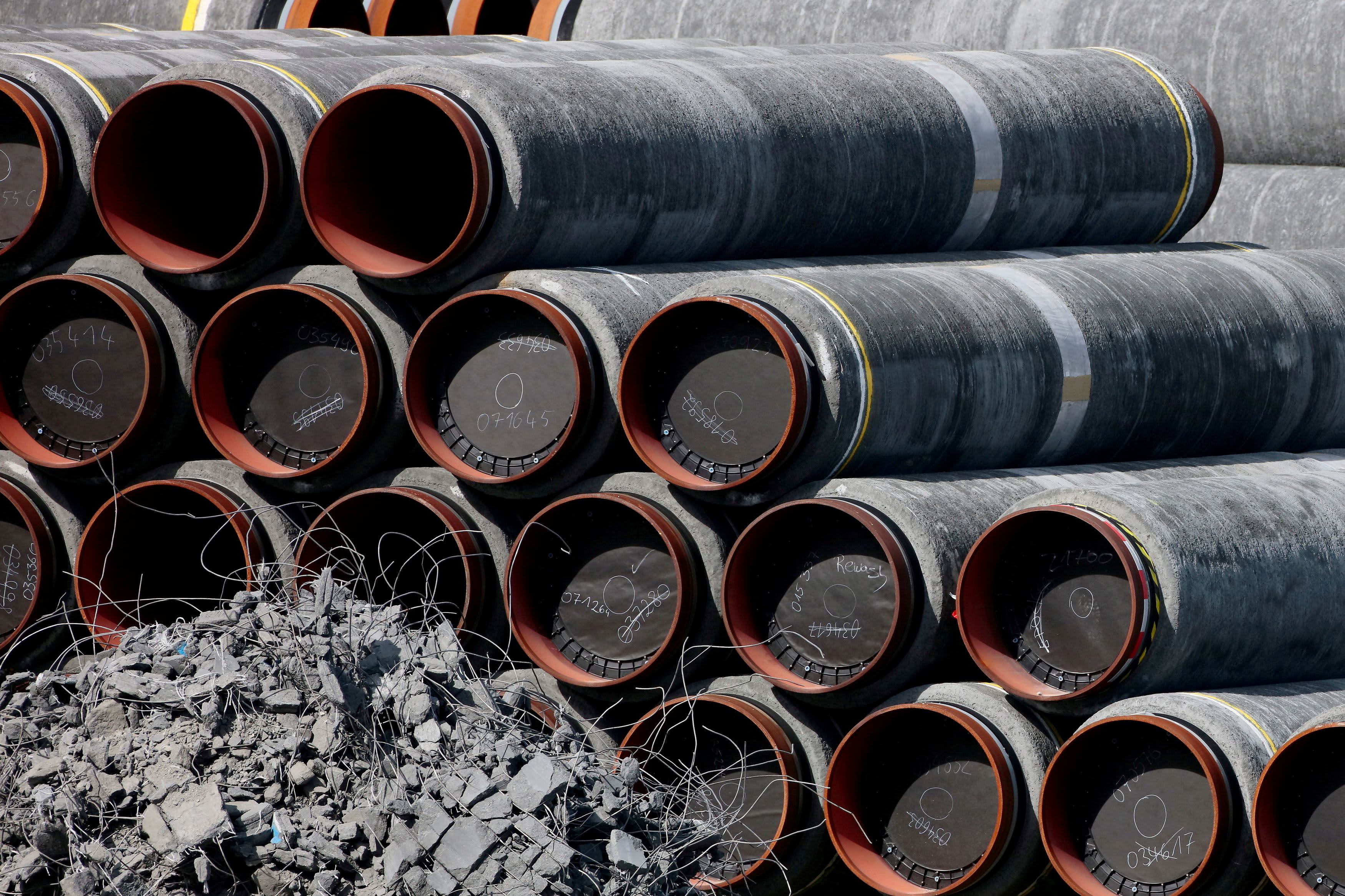
Michael O’Hanlon, a Brookings Institution senior fellow, said he thinks the Biden administration’s decision to waive sanctions on a Russian company overseeing the construction of a controversial Russia-to-Germany gas pipeline was about improving relations with Germany.
“I believe they’re essentially deferring to Chancellor [Angela] Merkel to figure out some kind of a strategy that she thinks may work, and maybe get Russia to behave better over Ukraine and other places… But if that’s the strategy, I’d like to hear it explained and defended, not just sort of swept under the rug,” said O’Hanlon.
The Russia-to-Germany gas pipeline, known as Nord Stream 2, would bring natural gas from Russia to Germany and run under the Baltic Sea. Critics from both sides of the political aisle expressed concern that Russia could use the pipeline to gain leverage over European nations.
Republican Senator Rob Portman slammed the decision and has said it was “contrary to our national interests, and at an especially volatile period, helps Russia while hurting Ukraine and our European Union allies.”
New Hampshire Democrat Jeanne Shaheen said in a statement that “completion of this pipeline poses a threat to U.S. security interests and the stability of our partners in the region.”
The White House did not immediately respond to CNBC’s request for comment.
O’Hanlon told CNBC’s “The News with Shepard Smith” that he agreed with the critics.
“It’s confusing why you would give Russia more leeway, more leverage, and also the ability to bypass Ukraine in shipping gas into Europe,” said O’Hanlon. “It doesn’t smack me to be a good decision.”




